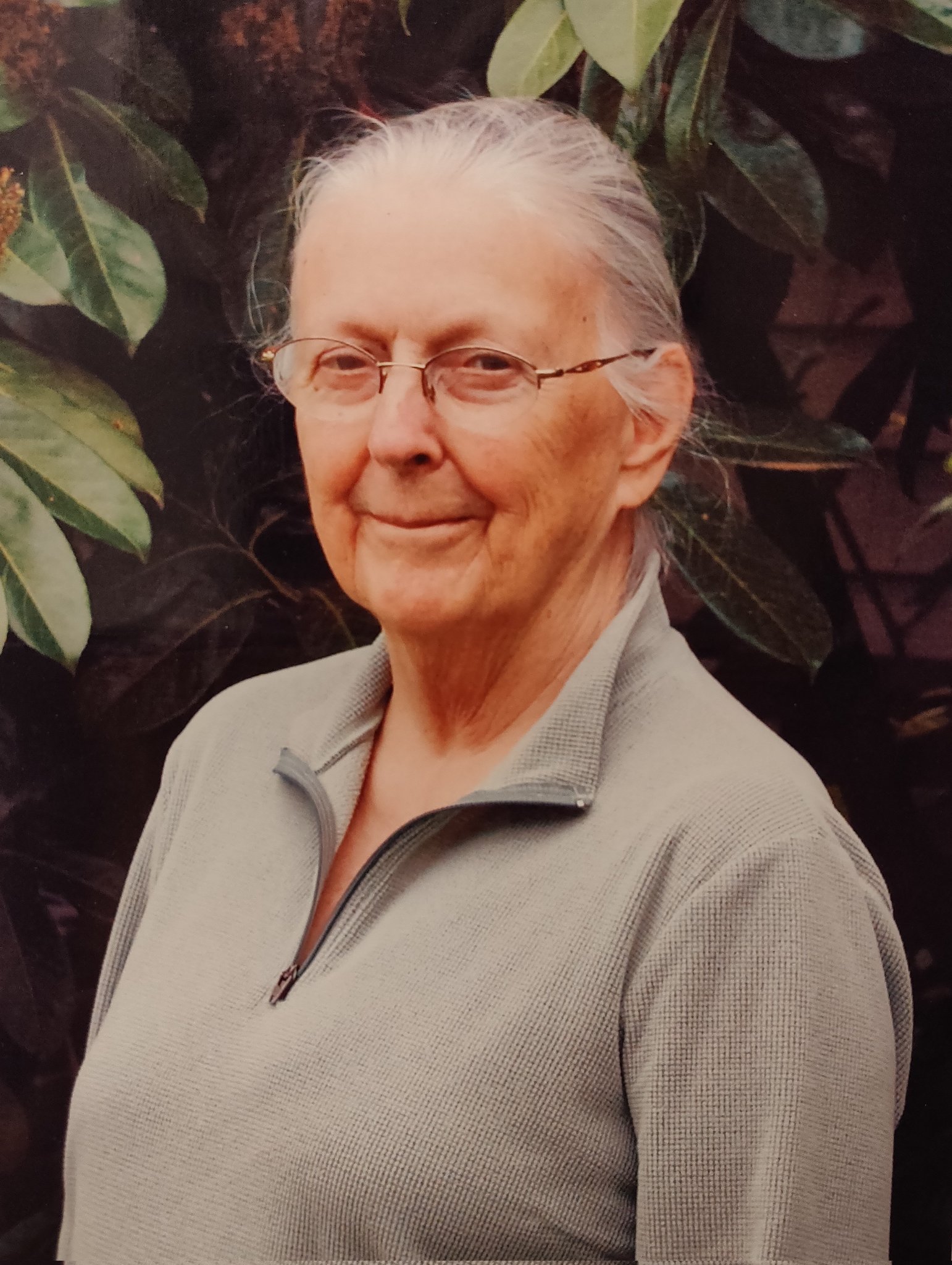
Dorothy E. Smith, the renowned sociological thinker, feminist critic, teacher, and mentor at the centre of a large international network of scholarship, died in the early hours of Friday, June 3 after a fall the day before. She had been living in Vancouver, British Columbia.
Dorothy Smith was one of the first women to earn a Ph.D. at the University of California-Berkeley, in 1962. She taught at the University of British Columbia; the Ontario Institute for Studies in Education at the University of Toronto; and after retirement, at the University of Victoria in B.C. Her first book of many, The Everyday World as Problematic: A Feminist Sociology, was published in 1987; the most recent, Simply Institutional Ethnography, co-authored with the late Alison Griffith, was launched in May of 2022.
Smith’s feminist critique of sociological theory and methods led her to develop a sociology for (rather than about) women, which developed further as a sociology for people and came to be known as Institutional Ethnography. She was honoured with many accolades from universities and professional organizations throughout the world, and in 2019 she received the Order of Canada.
She will be missed by many who studied and worked with her, as well as those who knew her through her writing.
What I learned from Dorothy Smith — some quick thoughts.
By Gary Kinsman
Dorothy Smith’s approach saved my life in the 1980s as a student at OISE and a left queer activist allowing me to bring my life and knowledge as an activist into producing knowledge for queer people and social movement organizing.
I learned so much from Dorothy it is hard to know where to start. First is about producing knowledge for oppressed people from their social standpoints; the importance of analyzing social organization; how to turn the capacities of ethnography against ruling institutions in this society; how to tell the ‘truth’ after post-modernism; the social and active character of language; the need to critique the limitations of political economy; the conceptual and textual practices of struggle; the dialogical character of social relations; the importance of using ruling relations and not ‘the state’; the need to not reify/fetishize the social; to focus on social doings and social accomplishments; the need for ideology critique; the need to critically take apart text-mediated relations and social organization and so much more …
Finally, Dorothy showed us how writing was about discovery, learning and fun. For me she showed me how marxism could be transformed by feminism and ethnomethdology (a focus on people’s doings and never taking the taken for granted for granted).
Dorothy was still having fun doing her work at 96.
Enough for now. ..
RIP Dorothy!
Memories of Dorothy and messages to her family can be posted at the following site: Kudoboard: https://www.kudoboard.com/boards/92REPim8
